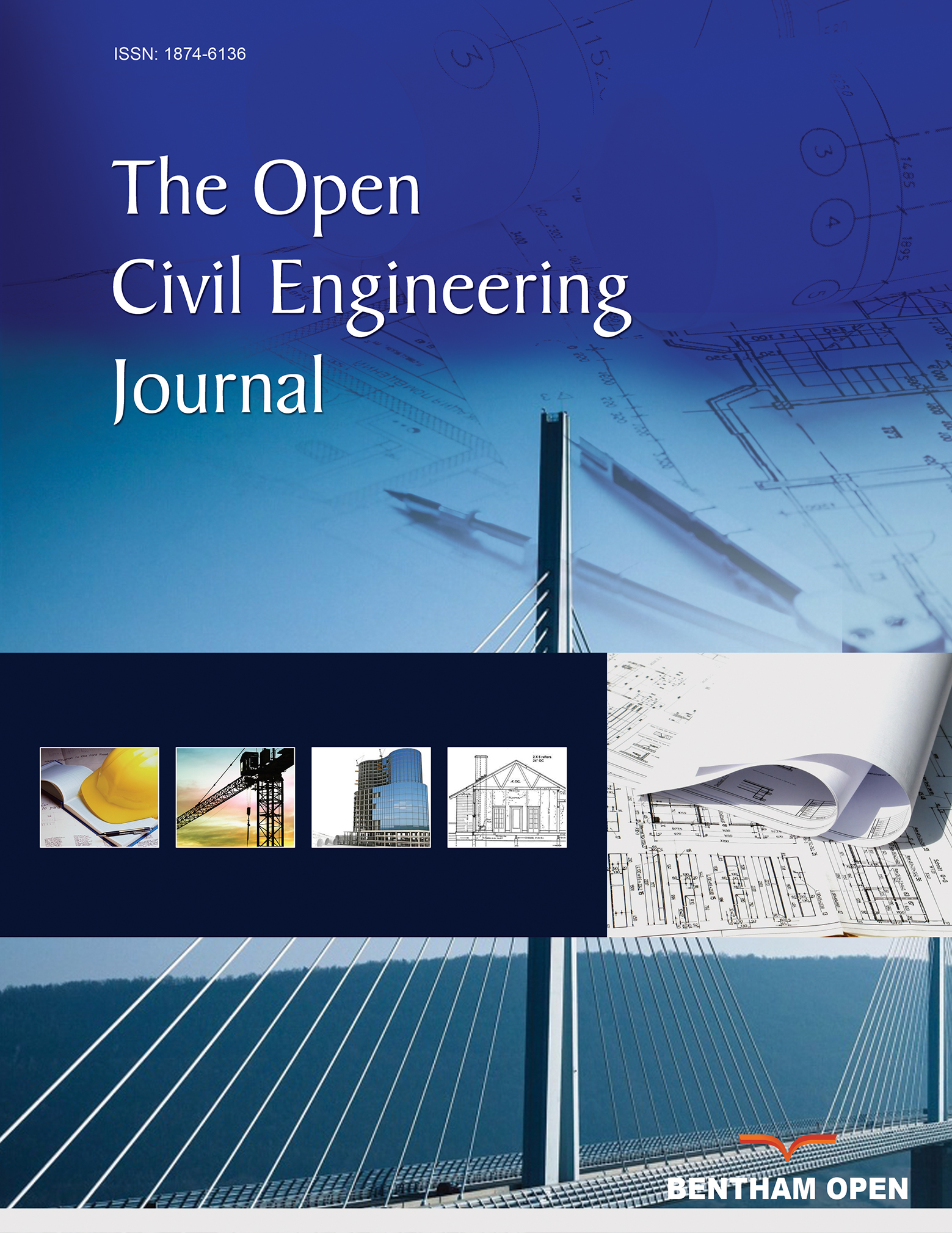All published articles of this journal are available on ScienceDirect.
Assessment of Construction Project Cost Estimating Accuracy in Egypt
Abstract
Background:
The accuracy of the cost estimate is a key success factor for any construction project. It is the base for an effective tendering process. It can also be considered as the cornerstone of the cost control process.
Objective:
This paper aims to develop a model that can be used to assess the expected cost estimating accuracy of construction projects. This model is named as Construction Cost Estimate Accuracy Index (CCEAI).
Methods:
A questionnaire survey that contains fifteen factors clustered into four categories was carried out among 90 experts based on the construction cost estimate. Only sixty-six questionnaires were returned. The Analytical Hierarchy Process (AHP) was used to identify the relative weights of the different cost estimates.
Results:
The questionnaire results were analyzed using the AHP technique to calculate the relative weight for each of the input factors and categories. A Construction Cost Estimating Accuracy Assessment model (CCEAI) was developed based on the calculated relative weights. Then, three projects were used as case study applications to check the validity of the proposed model. The results showed that the CCEAI model is greatly reliable in predicting the expected accuracy of the cost estimate.
Conclusion:
The results of this research and the developed model are very important and can be considered as a powerful tool to predict and improve the expected accuracy of any future construction cost estimate.


